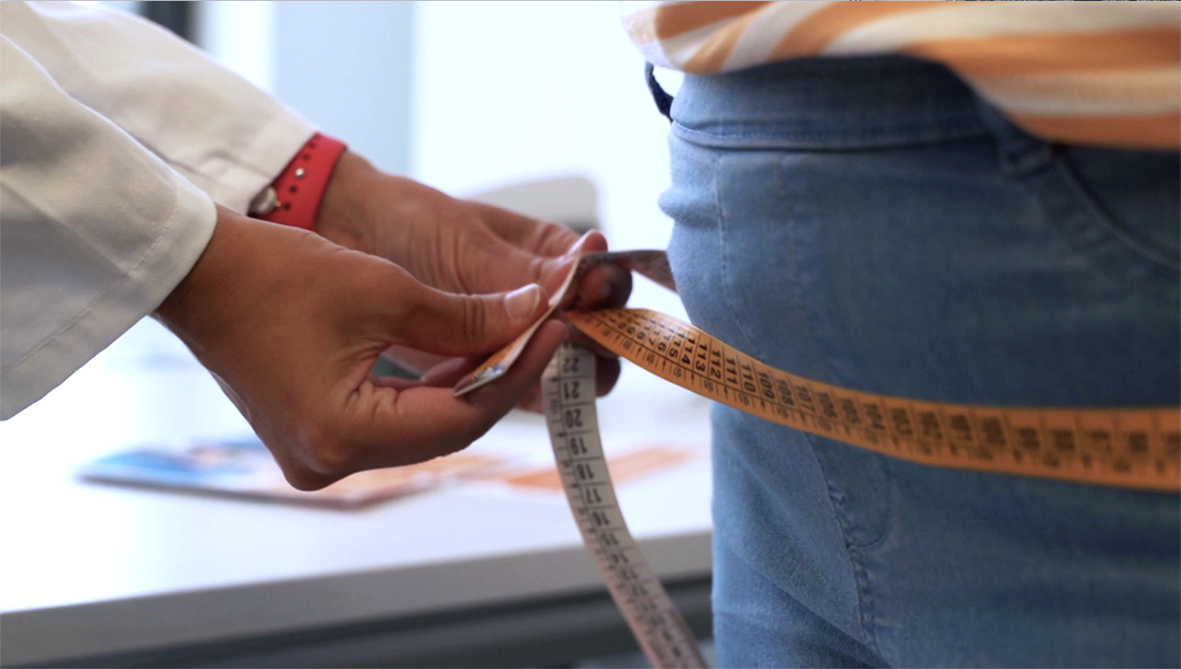
The Eurecat technology centre in collaboration with the Dr. Josep Trueta Biomedical Research Institute of Girona (IDIBGI) is studying the effectiveness of a new therapy based on a multi-ingredient amino acid to improve the impact of obesity and non-alcoholic fatty liver disease on the health of women in the menopausal stage.
Specifically, the Eurecat Nutrition and Health Unit will launch a three-month nutritional intervention with menopausal women to study the effects of this nutraceutical ingredient on the reduction of visceral fat and hepatic steatosis in the volunteers.
Currently, 29 percent of annual deaths in Spain are related to cardiovascular disease, which is strongly associated with obesity, which affects 30 percent of the population, and with fatty liver disease, which affects one in four people.
As Xavier Escoté, researcher at the Eurecat Nutrition and Health Unit and coordinator of the project, explains, "Eurecat's multi-ingredient is a combination of amino acids from the histidine metabolism and, therefore, its treatment reduces the side effects of current therapies, which is an advantage for people's health".
"Histidine is an essential amino acid and, as such, can only be obtained from the diet. That is why we have seen that in people with fatty liver disease, the intestinal microbiota degrades histidine more intensely, preventing its beneficial actions at the level of fatty liver or adipose tissue," explains the researcher.
Furthermore, "in the tests carried out to date, therapy with this nutraceutical has been highly effective, as it has led to a reduction of more than 15 percent in visceral fat and more than 70 percent in liver disease," says Andrea Costa, a researcher at the Eurecat Nutrition and Health Unit.
For this reason, he adds, "Eurecat is launching an intervention to study its effectiveness also in women in the menopausal stage who present these cardiovascular diseases".
The study will be carried out as part of the Fathis+ project, in collaboration with IDIBGI.
"This study will give continuity to previous research conducted jointly by IDIBGI and Eurecat. In this case, we will collaborate by contributing our experience in data analysis to improve the interpretation of the results," says Dr. Jordi Mayneris-Perxachs, a consolidated researcher in the Nutrition, Eumetabolism and Health group at IDIBGI and CIBERObn, who will participate in the study.
The Eurecat technology centre developed this nutraceutical ingredient and the strategy for treating obesity and non-alcoholic fatty liver disease with this product as part of the Fathis project, "with the aim of improving the quality of life and life expectancy of people affected by both diseases", says Nadia Ortega, director of the Eurecat Nutrition and Health Unit.